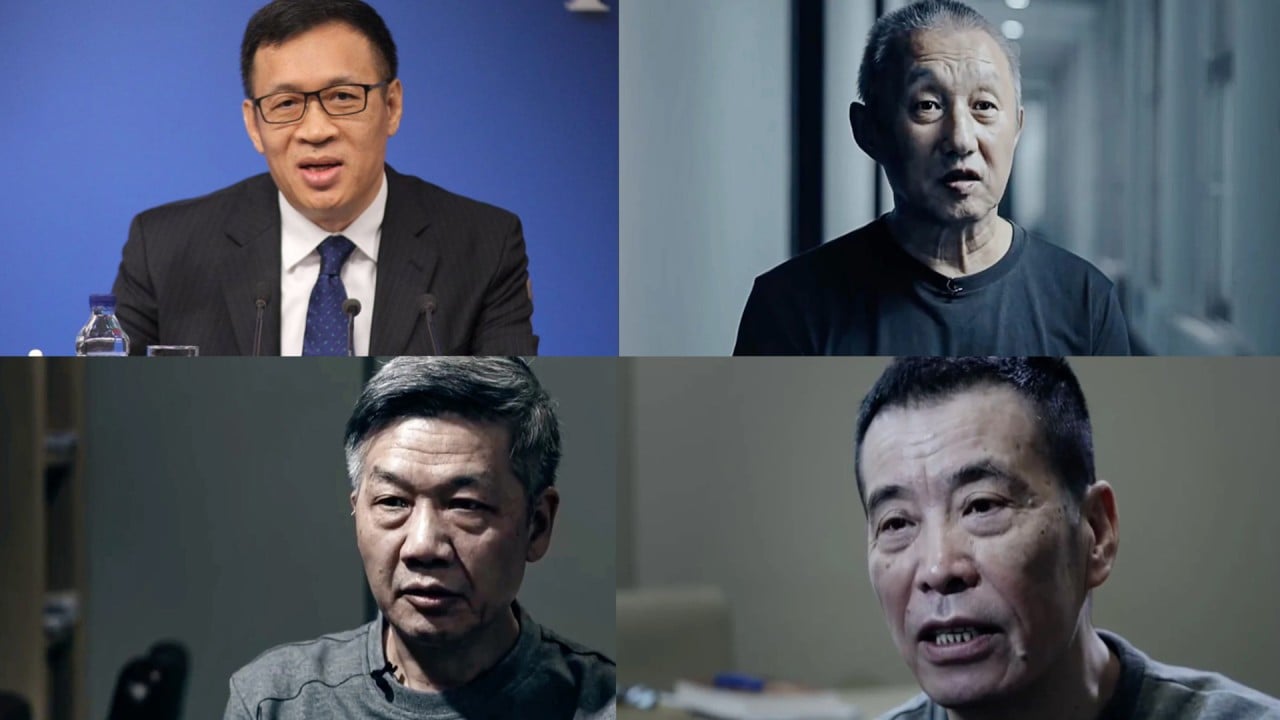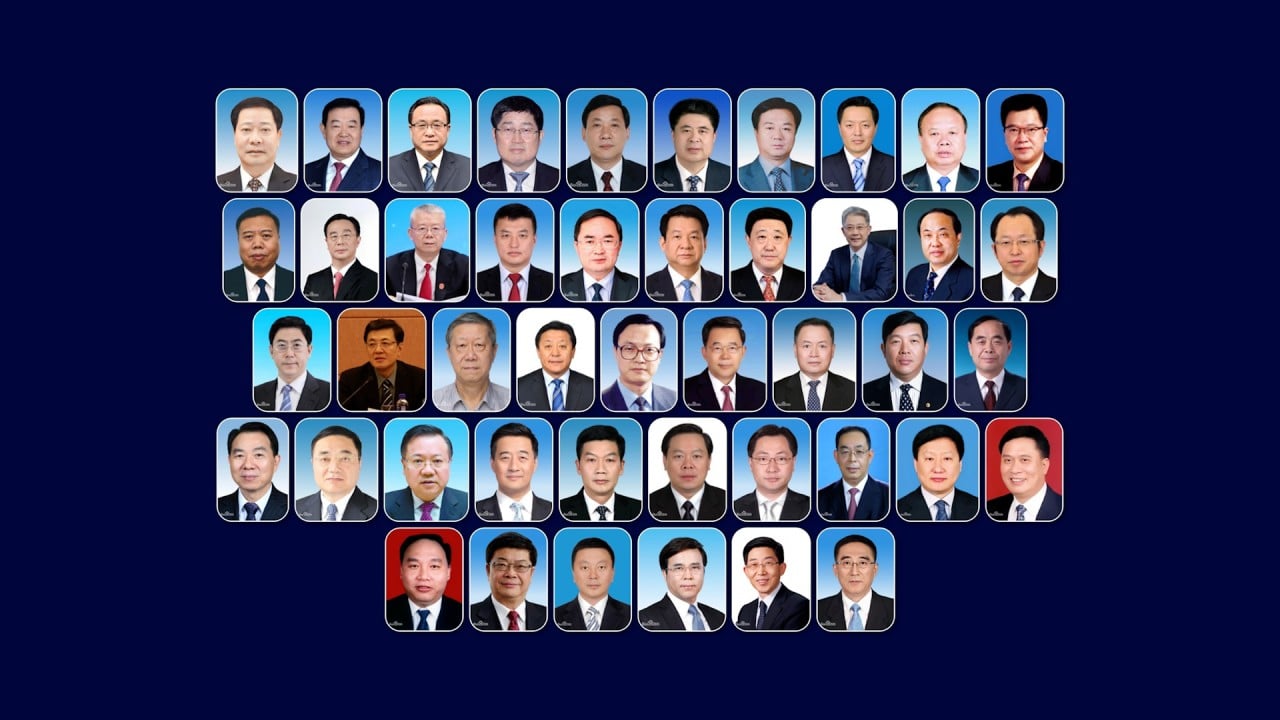
‘Voice of China’ echoes Xi Jinping’s ‘self-revolution’ call to double down against corruption
- China Media Group chief says the state broadcaster will spread Xi’s message about the crackdown to audiences at home and abroad
- It will also strengthen the training and management of ‘key positions and key personnel’
In an article in the party’s top theoretical journal Qiushi on Saturday, China Media Group (CMG) chief Shen Haixiong applauded President Xi Jinping’s idea of “self-revolution”, a process of purging party members to combat graft.
Shen, who is also deputy head of the party’s top ideological and propaganda body, said CMG would “promote and interpret” Xi’s speeches on tackling corruption and “tell a good story” through in-depth reports, commentaries and special programmes.
In addition, the media group, also known as the Voice of China, would use its dozens of multilingual overseas channels to explain the party’s “method of victory” to “create an international public opinion environment favourable to our country”.
The “method of victory” is a reference to the decade-long anti-corruption campaign launched by Xi in 2012.
CMG, which manages broadcasters including China Central Television (CCTV), China Global Television Network (CGTN), China National Radio and China Radio International, will also expose corruption in society, according to Shen.
CMG would also continue its anti-corruption campaign within its organisation “to provide a strong political guarantee for building a world-class international mainstream media”.
Without elaborating, Shen added that CMG would strengthen its ideological work, including the training and management of “key positions and key personnel”.
Why ‘two sessions’ may give China a chance to tie up loose ends after purges
Xi has stressed several times this year that his ambitious anti-corruption campaign will continue.
Some 110,000 party officials faced disciplinary action last year, the CCDI said in January, a 13 per cent increase from the previous year.
Last year, the commission opened corruption investigations against a record 45 senior officials, according to a tally by the Post.
Other signs suggest that more senior figures are being investigated.
Three senior Chinese aerospace-defence executives were also stripped of their titles as members of the country’s top political advisory body late last year, including Wu Yansheng, chairman of China Aerospace Science and Technology Corporation.
On Friday, the authorities announced Chen Mingbo, former vice-mayor of the southwestern megacity of Chongqing, as Wu’s replacement.
New chiefs were also announced for a number of state-owned enterprises and banks, some of whose predecessors were under investigation for corruption.
Among the appointments was Zhou Xinhuai as director of China National Offshore Oil Corporation (CNOOC). Zhou succeeds Li Yong, who is under investigation.



